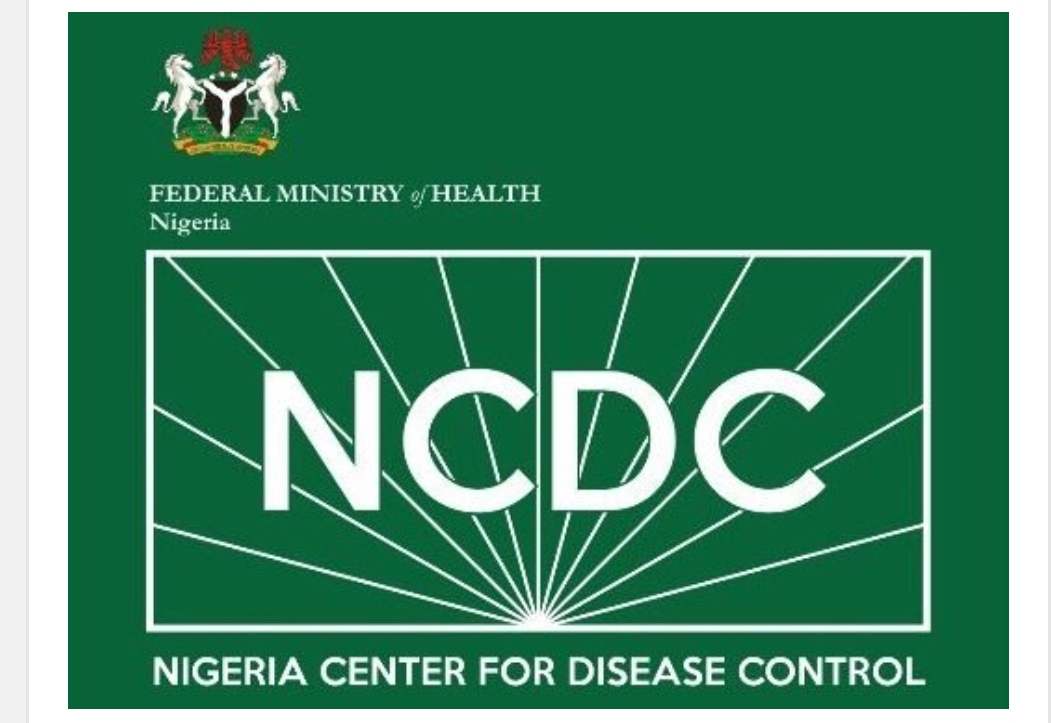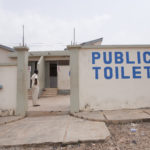A total of 10,837 suspected cases of cholera and 359 deaths from the disease have been reported from all states of the country since the beginning of this year, the Nigeria Centre for Disease Control and Prevention (NCDC) has said.
The latest situation report from the agency said children five years and below were the most affected among the suspected cases followed by the age groups 5 – 14 years in aggregate of both males and females
It said of all suspected cases, 52% are males and 48 are females, adding that Lagos (4,667 cases) accounts for 43% of all suspected cases in the country.
The report also said suspected cases of cholera in the current year have increased by 220% compared to what was reported as at Epi-week 39 in 2023.
- How multi-billion naira illicit arms entered Nigeria 23 times in 7 years
- Kano: Hisbah begins clampdown on betting centres
It said, “Likewise, cumulative deaths recorded have increased by 239% in 2024.”
According to the report, in September alone, 87 deaths, 1,938 suspected cases were recorded from the disease and 254 Rapid Diagnostic Tests (RDT) were conducted with 175 positive results.
“In the past week alone, 198 new suspected cases were reported across five states, leading to 15 deaths and a weekly CFR of 7.6 per cent.
“The states most affected by the outbreak during week 39 include Adamawa (131 cases), Ebonyi (30 cases), Borno (29 cases), Kano (7 cases), and Jigawa (1 case).
“Adamawa continues to be a hotspot, with 535 suspected cases reported in the past month,” it said.
It said that other states, including Jigawa, Kano, Borno, and Katsina, had also reported significant case numbers, highlighting the widespread nature of the outbreak.
“Jigawa recorded 870 cases, Kano recorded cases, and Borno recorded588 cases,” it said.
The NCDC report underscores the need for continued vigilance and response efforts, as the outbreak shows no signs of slowing.
According to the NCDC, in communities affected by the outbreak of the infectious disease, open defecation is a common practice.
It added that the National multi-sectoral Cholera TWG continues to monitor response across states.
Cholera is an acute intestinal infection spread through contaminated food and water. Communities with limited access to sanitation are most affected.
Conflict, climate change, inadequate safe water and sanitation, poverty, underdevelopment, and population displacement due to emerging and re-emerging conflicts and disasters from natural hazards all contribute to the rise in cholera outbreaks.

 Join Daily Trust WhatsApp Community For Quick Access To News and Happenings Around You.
Join Daily Trust WhatsApp Community For Quick Access To News and Happenings Around You.


